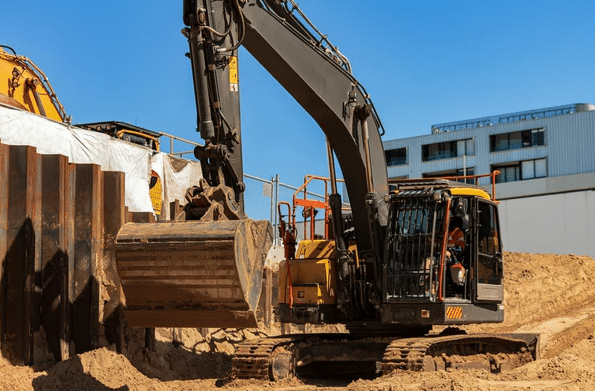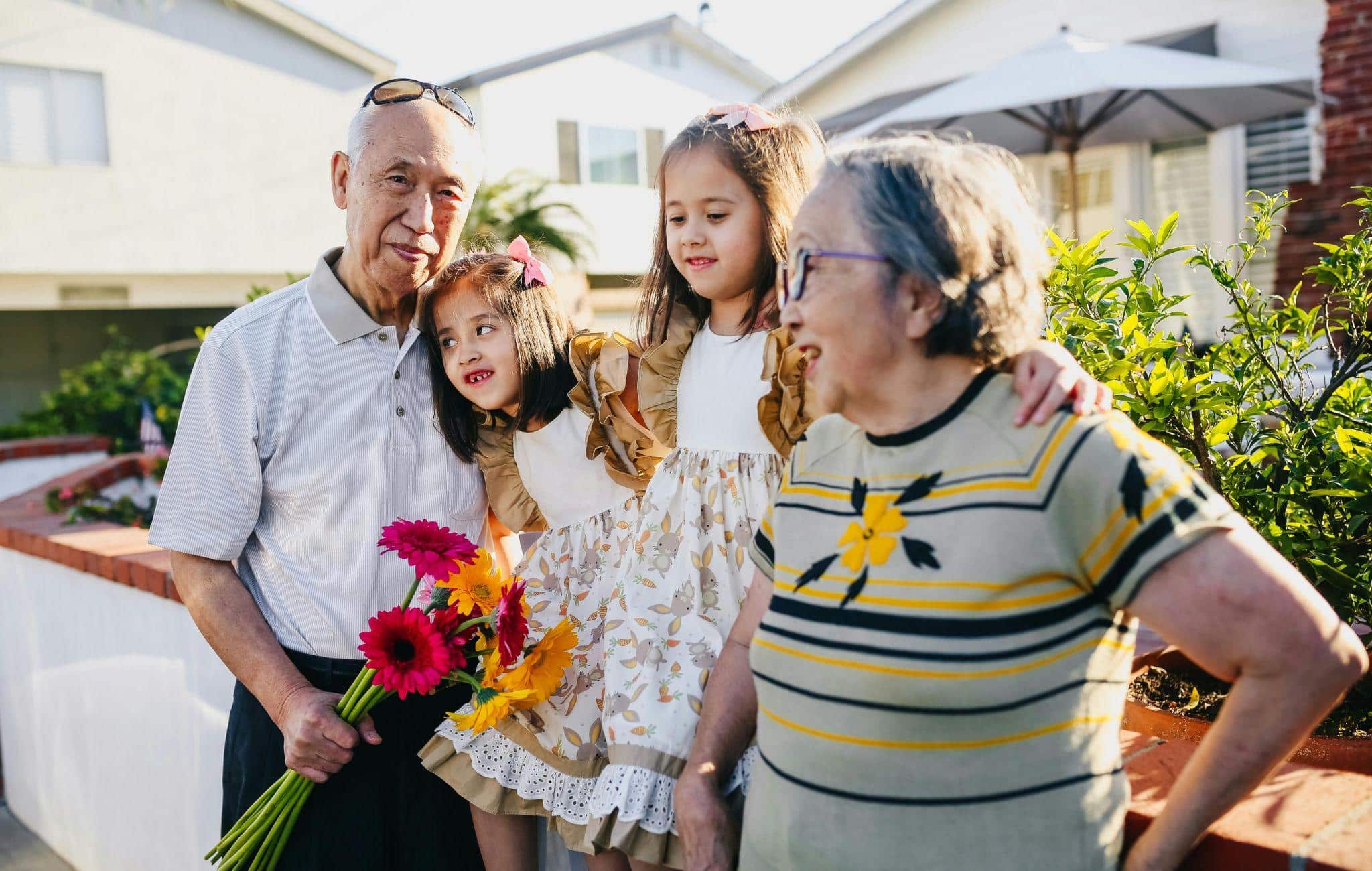Are you tired of searching for reliable information about candidates running in your neighborhood?
Many voters feel frustrated when trying to find trustworthy coverage of school board races, city council elections, and county commissioner contests.
These races directly impact your property taxes, children’s education, and community services. Yet finding quality reporting on local candidates often feels impossible.
Major news outlets focus their resources on state and federal elections, leaving residents to hunt for information on their own. This creates a knowledge gap that can lead to uninformed voting decisions.
In this blog, I’ll show you exactly how to find and follow local election coverage in your area.
You’ll learn where to get reliable candidate information, discover how to track local election results online, and master the art of staying informed about debates and forums.
Where to Find Local Election Coverage
Building a reliable information network begins with understanding which sources provide accurate and timely data about candidates and ballot measures in your area.
Official government sources to check first:
- County election offices for verified candidate lists, sample ballots, and polling locations
- City hall websites for municipal race details, such as council seats or local ballot measures
- State election commissions for statewide ballot initiatives and voting regulations
- Voter registration portals for voting procedures, deadlines, and accessibility information
Local media outlets to follow regularly:
- Daily and weekly newspapers for candidate interviews, endorsements, and issue analysis
- Local television stations for debate coverage, candidate forums, and election night updates
- Community radio shows for in-depth discussions on local issues and policy debates
- Digital-only news outlets for breaking news, unique perspectives, and social media updates
How to Track Local Election Results Online
Staying updated on election night requires knowing where to look and how to access real-time information as votes are counted across your community.
Most counties now use modern systems that update results every 15 to 30 minutes throughout election night.
These updates will continue until all precincts have reported their final tallies. Bookmark your county’s official results page before election day arrives. Sign up for text or email alerts from your election office for instant updates.
Follow local news outlets on social media for commentary and analysis. After the elections conclude, the official results are archived online permanently.
You can research past voting patterns, analyze turnout trends, and track how candidates have performed over multiple election cycles.
How to Follow Local Debates and Forums

Candidate forums provide direct access to hear office-seekers discuss their positions, respond to questions, and demonstrate their knowledge of local issues.
Organizations that regularly host candidate events:
- League of Women Voters chapters for nonpartisan forums open to all voters
- Chamber of Commerce groups for business-focused candidate discussions and economic policy debates
- Neighborhood associations for intimate, community-centered meetings with local candidates
- Colleges and universities for educational debates that engage students and residents
- Religious organizations and civic groups for issue-based conversations on community values
Multiple ways to access forum content:
- Attend events in person for direct interaction and question opportunities
- Watch livestreams on organization websites during scheduled events
- View recorded versions on the YouTube and Facebook platforms later
- Check local cable access channels for broadcast coverage and replays
- Follow hosting organizations on social media for event announcements and highlights
Tools and Resources Comparison
Different sources provide different types of information, so understanding what each offers helps you build complete election knowledge.
| Source Type | Information Provided | Update Frequency | Best For |
|---|---|---|---|
| County Election Office | Candidate lists, voting locations, and sample ballots | Weekly during election season | Official info, voting logistics |
| Local Newspapers | Candidate interviews, issue analysis, endorsements | Daily to weekly | In-depth coverage, local context |
| League of Women Voters | Voter guides, candidate forums, issue explanations | Monthly or event-based | Nonpartisan info, education |
| Social Media | Real-time updates, candidate posts, community talk | Hourly to daily | Quick updates, direct candidate access |
| Government Meetings | Policy discussions, candidate appearances | Weekly or monthly | Understanding candidate positions |
Subscription Services and Alerts
For many voters, it’s easier to have election updates delivered directly rather than searching manually. Here are some simple ways to stay informed:
-
County election office services: Most counties offer free alerts about filing deadlines, sample ballots, and live results.
-
Google Alerts: Customize with your city name plus “election” to capture local news stories automatically.
-
Newspaper newsletters: Many local papers provide political or government-focused email updates.
-
Social media notifications: Follow local officials or agencies and enable push alerts for their announcements.
-
Custom alert preference: Most services let you select the types of notifications you want, so you only receive updates that matter to you.
Setting up these systems early ensures you get timely information without needing to check multiple websites.
Verifying Candidate Information

Before casting a ballot, it’s essential to confirm that candidates are legitimate and meet all legal requirements for office.
County election offices maintain public records of qualified candidates, including verification of whether paperwork has been filed correctly and confirmation of financial disclosures submitted.
These details also show whether a candidate has faced any challenges to their eligibility. You can typically access this information through the election office’s website or by contacting them directly.
Beyond official records, voters can deepen their understanding by reviewing a candidate’s campaign websites, social media pages, and history of community involvement.
Attending local meetings where candidates speak offers valuable firsthand insights into their communication style and policy knowledge.
Neighbors and local leaders can also share perspectives about a candidate’s track record in community service and local issue advocacy.
Why Local Election Coverage Matters
While national elections dominate the headlines, local races often have a more direct influence on everyday life than state or federal contests.
School board members determine education policies and budgets that affect your children’s classroom experience.
City council members set local taxes, approve zoning changes, and decide on development projects that reshape neighborhoods. County commissioners oversee services such as parks, roads, and libraries that residents use on a daily basis.
These officials make decisions about traffic patterns, business permits, and community programs that impact quality of life.
Because turnout is often much lower in these contests, every vote has a bigger impact on the final outcome. In some small races, the winner is decided by only a handful of votes.
This makes it all the more important for residents to stay informed and engaged with local political processes throughout the year.
Building Long-Term Election Information Habits
The best way to stay prepared is by building habits that keep you informed year-round, not just during campaign season. Consider these practices:
-
Check your county election website monthly for updates on upcoming races and candidate filings.
-
Read local news regularly to stay informed about developing issues and identify potential candidates early.
-
Attend city council or school board meetings occasionally to see decision-making in action and learn which community figures are most active.
-
Engage with civic organizations and neighborhood groups, which often host forums and share voter education resources.
-
Follow key officials and groups on social media for daily updates on policies and community decisions.
These habits ensure that when election season arrives, you’re already well-informed and ready to make confident choices.
Conclusion
Finding reliable local election coverage requires effort, but it’s one of the best ways to ensure your community reflects your values.
Start with official county and state election offices, add local media for context, and use alerts and civic groups to stay updated.
Local elections may not get national attention, but they decide the issues that impact your daily life, such as schools, taxes, and community services.
The time you invest in staying informed ensures better representation and stronger outcomes for your neighborhood. Take the first step today: bookmark your county election office website.






































